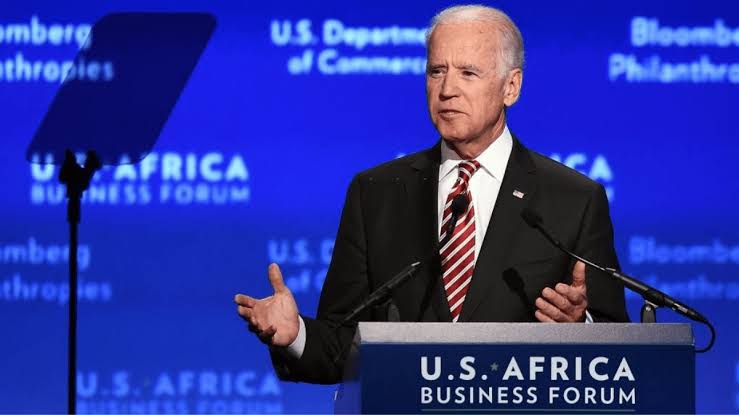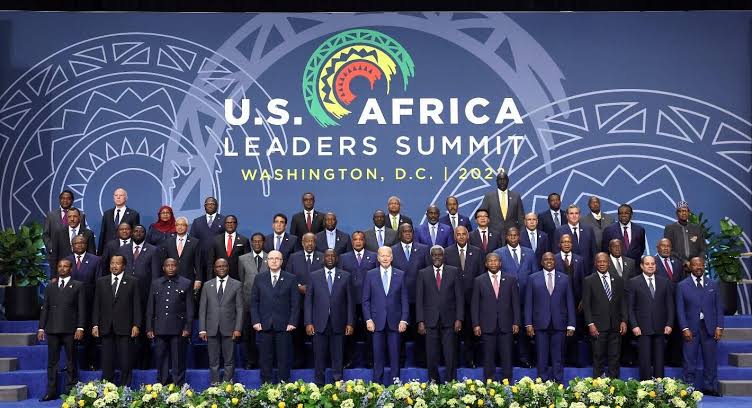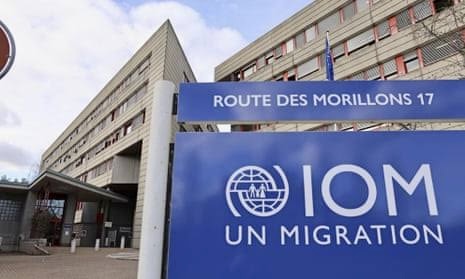
Faith Nyasuguta
A recent assessment of threats to Washington reveals that China and Russia remain significant rivals to American interests, particularly in Africa.
The report, compiled by the American intelligence community, identifies China, Russia, Iran, and North Korea as expected adversaries. Additionally, it highlights the Houthis and the conflict in Gaza as emerging threats to be monitored closely.
One of the primary concerns outlined in the report is the growing influence of China and Russia, which pose significant challenges to American interests, especially in Africa.
Both countries have been actively expanding their presence on the continent through various economic, diplomatic, and military initiatives. China, in particular, has been leveraging its economic prowess to establish strategic footholds in key African countries, fueling concerns about Beijing’s long-term intentions.
Russia’s role in Africa is also a cause for concern, as the country seeks to enhance its influence through military engagements, arms sales, and support for autocratic regimes. Moscow’s involvement in conflicts such as the ongoing crisis in Sudan has further complicated regional dynamics and raised questions about Russia’s objectives in Africa.
In addition to traditional state actors, the report identifies non-state actors, including terrorist organizations and armed militias, as significant threats to US interests in Africa. Groups like Al Shabaab and ISIS-affiliated factions continue to pose a serious security risk, exploiting regional instability and capitalizing on local grievances to advance their agendas.
The prevalence of terrorist activities in the Horn of Africa stresses the need for enhanced counterterrorism efforts and regional cooperation to address this ongoing threat.
The report also highlights the vulnerability of African states to terrorist attacks using chemical, biological, and radioactive materials, posing a direct threat to US personnel, allies, and interests worldwide.
The spread of extremist ideologies and the proliferation of illicit weapons further exacerbate security challenges in the region, necessitating a comprehensive and coordinated response from the international community.
Moreover, the report underscores the interconnected nature of global security threats, with conflicts and crises in one region often having far-reaching implications for others.
The Israel-Hamas conflict, the Russia-Ukraine war, and ongoing tensions in Sudan and the Red Sea are cited as examples of regional flashpoints that have the potential to escalate into broader conflicts with global ramifications.
In light of these challenges, the report emphasizes the importance of maintaining US engagement and leadership in Africa to address emerging threats effectively.

This includes strengthening diplomatic ties, supporting regional security initiatives, and providing assistance to local governments to enhance their capacity to combat terrorism and instability.
Additionally, the report highlights the need for a multidimensional approach to address the root causes of conflict and insecurity in Africa, including poverty, governance issues, and socio-economic disparities.
By addressing these underlying factors, the international community can help build resilient societies and mitigate the risk of violent extremism and instability.
RELATED:




